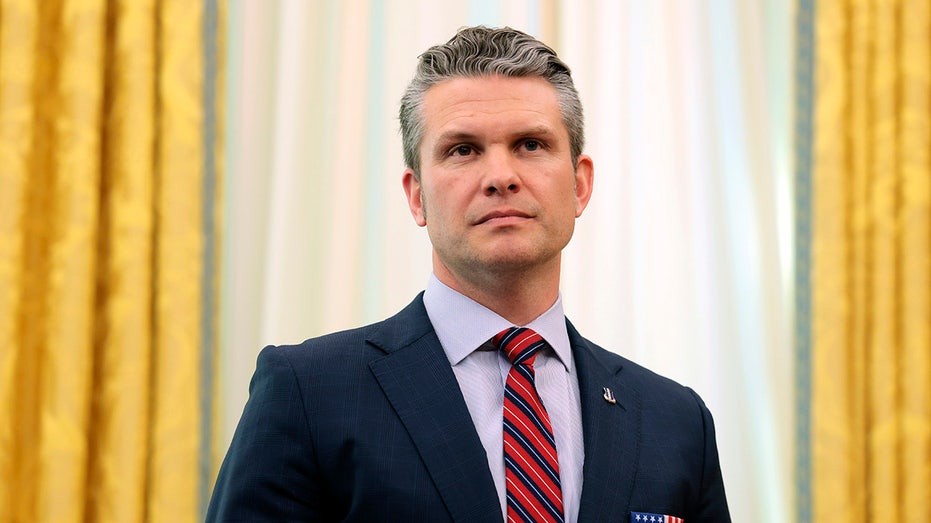
Major Shift in Military Admissions Policy
In a significant move, Defense Secretary Pete Hegseth announced on Friday that admissions to military academies will now be based exclusively on merit. This directive marks a departure from traditional practices, which often considered race, sex, and ethnicity as factors in the selection process.
Merit Over Identity
Hegseth’s announcement comes at a time when debates about diversity and inclusion are prevalent across various sectors. However, the new policy emphasizes meritocracy as the guiding principle for selecting future military leaders. Hegseth did not shy away from expressing that this change reflects an understanding that the primary goal of military academies is to foster future personnel who excel in their fields, independent of their background.
The Implications of This Change
This policy aims to streamline the admissions process to ensure that the best candidates are chosen, thus enhancing the overall efficacy of military training and operations. As a result, applicants will be evaluated based on their academic records, leadership potential, and other metrics deemed critical for success in military service.
Reactions from Leaders and Experts
Following the announcement, various military leaders and experts expressed their opinions on the changes. Retired General Mark Milley, former Chair of the Joint Chiefs of Staff, stated, “While diversity remains important in the military, the focus must be on effective leadership and operational readiness. The new policy allows us to concentrate on the qualities that unequivocally contribute to our mission.”
On the other hand, critics argue that such a move could negatively impact the diversity of military leadership, potentially overlooking talented individuals from underrepresented backgrounds who might excel in a merit-based system but lack resources or opportunities.
Future Impacts on Diversity
While emphasizing merit, it remains vital to consider how this shift might affect the long-term diversity of military personnel. Military academies have historically been battlegrounds for diversity debates. Some advocacy groups argue that it is crucial to maintain programs that help bring diverse voices into military leadership roles.
Hegseth’s policies suggest that any previous affirmative action initiatives may be reevaluated. Critics fear this could create a narrow path for aspirants from marginalized communities who historically faced barriers in accessing educational opportunities within the military framework.
Legal and Social Considerations
As the U.S. navigates political and legal landscapes surrounding affirmative action, similar policies have faced challenges and undergone scrutiny in courtrooms. This latest directive could incite further legal battles, compelling military academies to reexamine how they can balance meritocracy with the imperatives of social justice and equality.
Such changes may foster a culture that may alienate individuals who believe that self-identifying characteristics should support, rather than hinder, their entry into esteemed institutions.
A Step Towards Clarity
Supporters of the new policy are hopeful that it brings clarity to what has been perceived as an ambiguous admissions process over the years. By reinforcing merit as the cornerstone for accessing military academia, leaders anticipate streamlining entry paths and encouraging high-achieving students.
Hegseth’s directive resonates with a broader national conversation about meritocracy versus identity politics and whether one should overshadow the other in critical domains such as national defense.
Conclusion: Looking Ahead
As the military begins implementing these changes, stakeholders will closely monitor the effects on future admissions and the diversity of military leadership. This pivotal moment in history could redefine how the military cultivates its ranks and leads the conversation around merit and identity.
Reference: [Source: Fox News]

